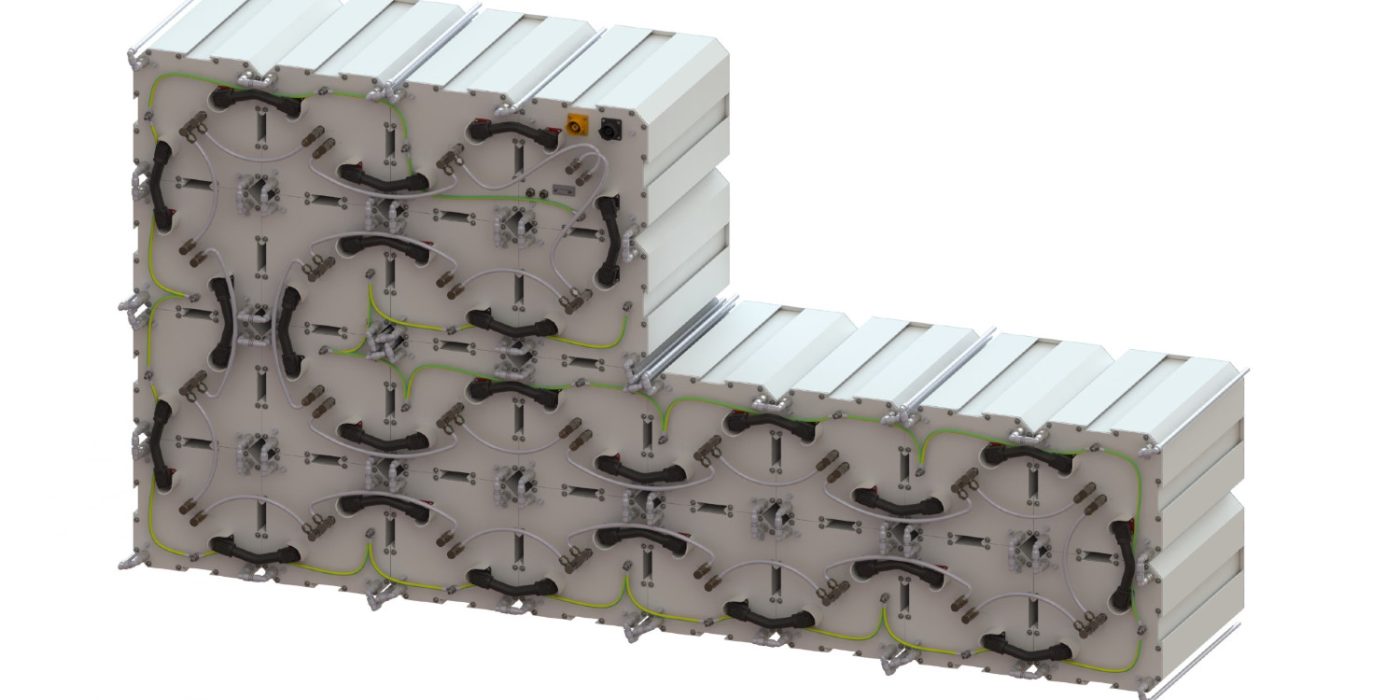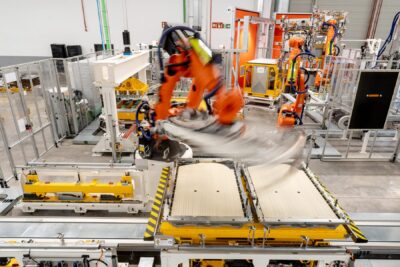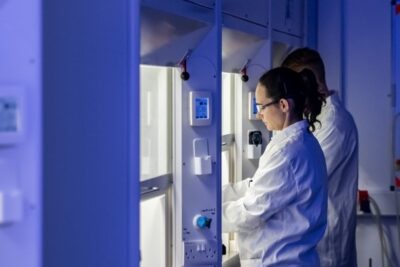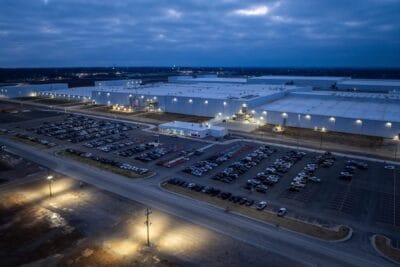EAS battery solution for diesel or H2 hybrid ships
The battery solution ‘EASy Marine for hybrid propulsion systems in shipping’ is now approved for operation. According to the manufacturer, the hybrid system can be adapted to almost any ship architecture due to its modular design.
The solution was first presented by EAS Batteries last year. Now, with its completed DNV-GL certification, the EASy Marine hybrid module has been given the green light for series production. EAS Batteries describes the battery solution as being a flexible standard product that can be combined as desired to form a battery string and can be adapted to the often very limited space conditions in boats and ships.
“This is like Lego for adults,” says EAS sales manager Dr Frank Diehl. “With the EASy-Marine-Modules, it is possible to reproduce steps, so that even sloping walls no longer present a space problem”. Up to 1500 volts could be connected in series – “50 per cent more than usual so far”.
EAS first presented the 2019 solution at the Electric & Hybrid Marine World Expo 2019 in Amsterdam. The module’s cells are based on lithium iron phosphate (LFP) and come from EAS’ own production in Germany. The module was developed with the Munich-based company Lion Smart, which has adapted its battery management system to the requirements of maritime applications.
Thanks to its high specific output, the module is supposed to smooth out both positive and negative load peaks. In combination with diesel generators, for example, the aim is to keep fuel consumption at the optimum level throughout. “Diesel savings can amount to up to 30 per cent per ship,” the manufacturer reports. The system can also be combined with hydrogen fuel cell technology. EAS also mentions that the EASy Marine module can also be used as a fully electric component in gantry cranes or offshore facilities, for example.
In an interview with battery technology consultant Dr Klaus Brandt that was published to coincide with the EAS press release, Brandt summarised why it is so important for ship owners to convert to hybrid propulsion now, rather than later: “The maritime industry is undergoing regulatory change. The emission of combustion gases is simply no longer acceptable in certain areas. This new social attitude is increasingly reflected in the relevant legislation.”
He explained that “The majority of ships operated today will survive this change. Ships will last a long time – about 50 years if well maintained. That is why the conversion to hybrid systems is a huge issue in the maritime economy, now more than ever. Especially in long-distance shipping, hybrid propulsion is unavoidable, because battery-powered ships simply cannot cross the ocean, even with advanced battery technologies. In the long term, a hybrid drive with fuel cells and batteries could represent a fully electric solution.”
Including reporting from Carrie Hampel, Germany
eas-batteries.com, eas-batteries.com (interview with Brandt)





0 Comments